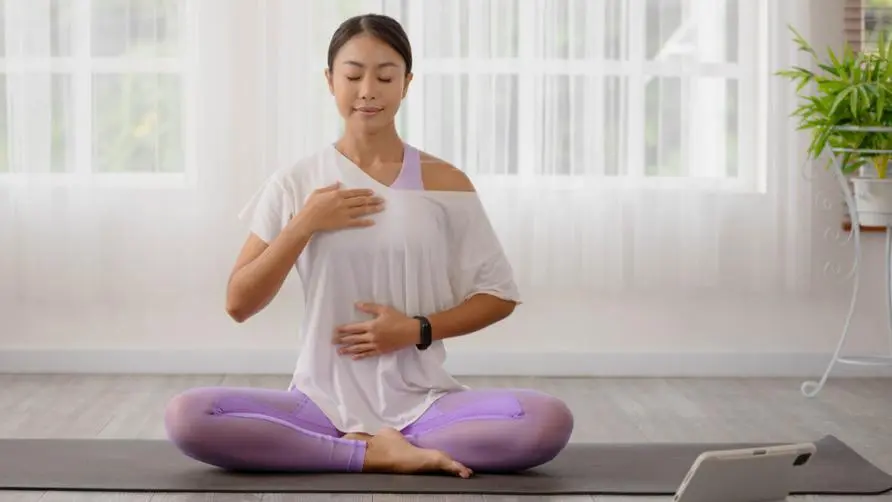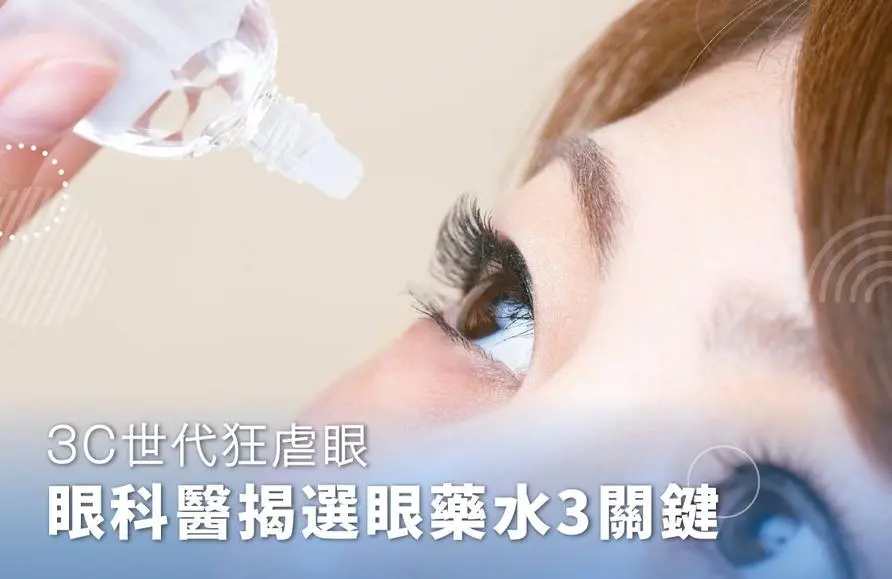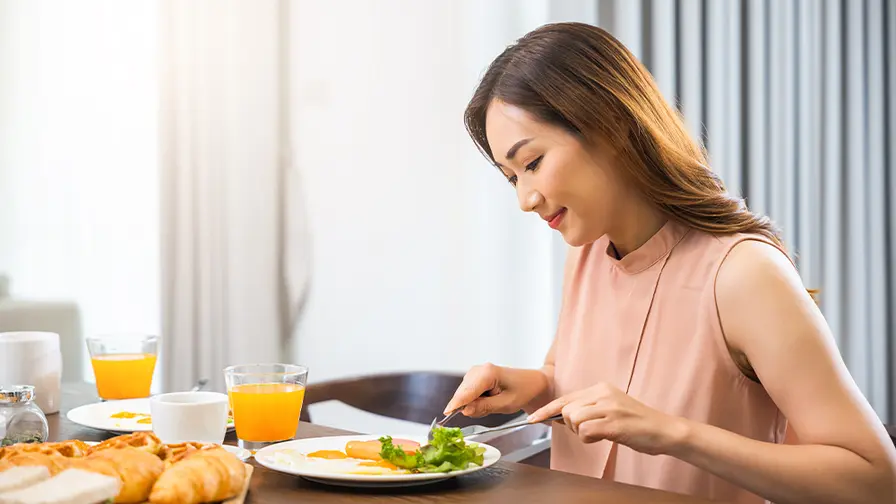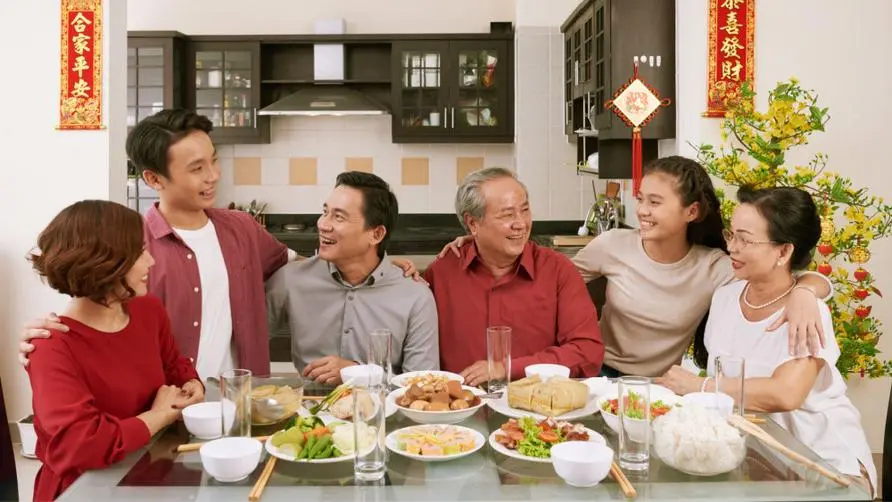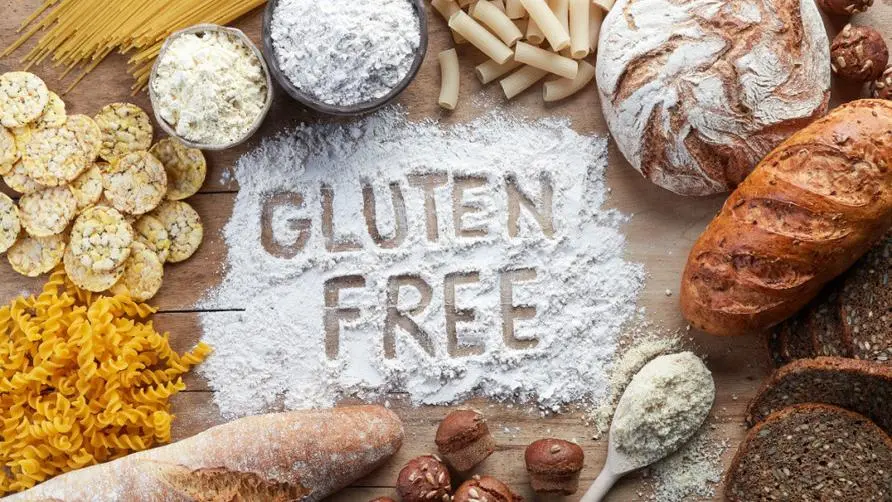Even if you don't eat snacks or drink drinks, you're still fat? Nutritionists advise "2 concepts need to be changed": First, change the portion size of each meal to 80% full
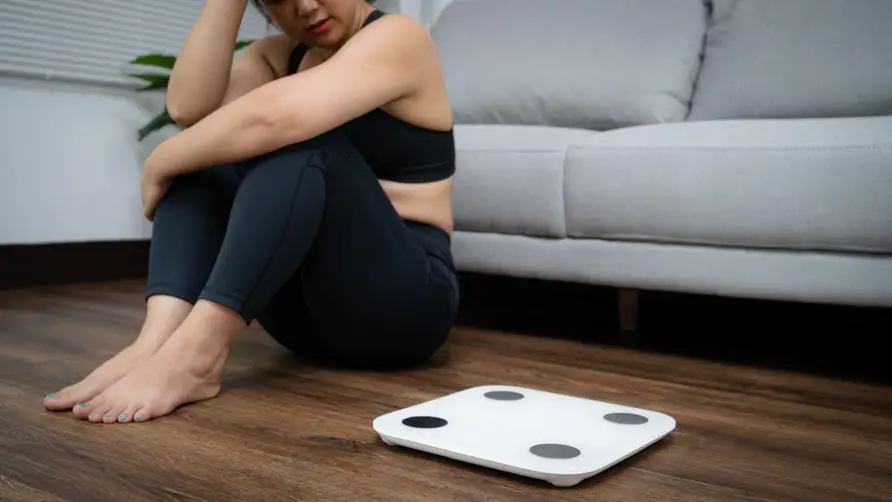
Why can’t I lose weight without eating snacks or drinking drinks? Nutritionist: Two major “food selection concepts” must be changed first!
Although I obviously didn’t eat any extra snacks or drink sugary hand-shaken drinks, why was my weight still rising? Dietitian Gao Minmin pointed out in the community that in fact it is not just snacks and drinks. If you lack the concept of “food selection” in your life, coupled with sedentary habits and other habits, it will still be difficult to lose weight. If you don’t want to hoard excess calories, the two concepts of “controlling portion size” and “meal order” are even more important when choosing food.
Dietitian Gao Minmin said that in terms of the concept of food intake control, for ordinary people who have no need to lose weight but often sit for long periods of time due to work needs, it is recommended that each meal should be 8 cents full, which is 20 cents less than the original meal. %, and adjusted according to the individual’s activity level. The lower the activity level, the more moderate the food intake.
As for those who are losing weight, or those who are in the stage of losing fat and controlling sugar, their meals should be 50% full. Unrefined starches such as brown rice and five-grain rice also need to be controlled in portion size. However, replacing refined starch with whole grain or prototype starch can not only absorb enough dietary fiber, but also have higher nutritional content than white rice or pasta, which can be considered as a stage for weight loss. The staple food is preferred.
Recommended reading: Is it still “difficult to lose weight” even if I don’t drink hand-shaken drinks or eat cakes? Nutritionist’s answer: Be careful of accidentally entering the 6 “sugar trap diets”
Worried about overeating and over-nutrition? Changing the order of eating can help you lose weight
In addition, changing the order of eating can also help with weight loss. Dietitian Gao Minmin recommends that the first priority in a meal should be “soup”, which should be light and not overly seasoned, and drink less thick soup or thickened soup. Thickened soup contains a lot of starch, has high calorie density and is easy to accumulate fat. Excessive consumption is harmful to weight loss.
Next is vegetables. It is recommended to eat at least one bowl of vegetables at each meal, and the amount of vegetables should be larger than the amount of rice. Vegetables are rich in dietary fiber and phytochemicals, which can help increase satiety, promote digestion, and prevent individuals from overeating. The recommendation for vegetable intake is to “eat all kinds” and choose at least 2 types of vegetables in one meal. Algae, mushrooms, tomatoes, cucumbers, winter melons, etc. all belong to the category of vegetables, and it is recommended to eat them with green leafy vegetables.
It is recommended to eat meat and starch last. For meat among beans, fish, meat and eggs, it is recommended to give priority to “low-fat white meat”, or to focus on original meat products and eat less processed meat. The portion size should be about the size of a palm. Seafood is low in fat and saturated fat, but if you really want to eat beef, you can choose the filet cut, which has less fat; for chicken and pork, you can choose chicken breast and fillet respectively. The fruit part can be eaten between meals, mainly 1 fist-sized portion at a time, or cut into cubes and placed in an 8-minute bowl. Take 2 servings a day to supplement dietary fiber and vitamin C.
Finally, nutritionist Gao Minmin emphasized that the cooking method of food is also one of the keys to affecting the calories. When cooking, try to steam, boil, and bake. Frying or dry-frying is also healthier than deep-frying. In addition, it is recommended to slow down your eating speed and avoid gobbling down food to increase the transmission of satiety messages to the brain. When you feel you are eight minutes full after a meal, you can stop using your chopsticks and get up and move around more after the meal to help metabolism and digestion.
Recommended reading: Is eating noodles actually super unhealthy? Nutritionists name 7 “high-salt” noodles: Eating too much may lead to obesity and high blood pressure
Further reading:
